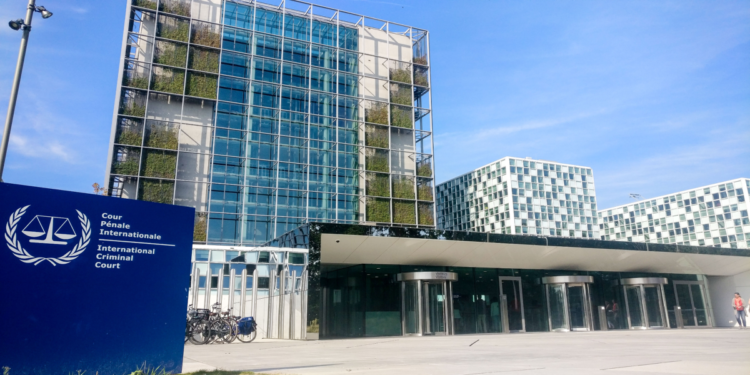By Susan Kendi
A battery of ranking international lawyers have requested permission to file a brief on legal issues raised by the prosecution at the International Criminal Court on the alleged deportation of the Rohingya people from Myanmar to Bangladesh.
Seventeen members of the Canadian Partnership for International Justice have requested for leave to submit amici curiae (friends of the court) brief on the powers of the Pre-Trial Chamber to issue a ruling on jurisdiction before a formal situation has been assigned to it, the scope of territorial jurisdiction granted by the Rome Statute, as well as the scope of the crime of deportation.
The applicants, Mark Kersten, Jennifer Bond, Robert J. Currie, Amanda Ghahremani, Pascal Paradis and 12 other scholars and legal practitioners, seek to submit observations on whether Article 19(3) of the Rome Statute allows the Office of the Prosecutor to request a ruling on jurisdiction, the scope of territorial jurisdiction, and the nature and definition of the crime of deportation.
Although the experts support the prosecutor’s conclusions, they seek to directly address the issues raised in the prosecutor’s request with “distinct or complementary perspectives” and without repeating the submissions already made.
The amici curiae submissions can assist the judges to properly determine issues that have not been previously litigated before the ICC.
The applicants have extensive experience in international criminal law, human rights law, refugee, migration and humanitarian law,
The Chamber has discretion to grant leave if it “considers it desirable for the proper determination of the case” and agree to observations, where they help the judges to reach the right decision.
The president of the Pre-Trial Division assigned the request to the chamber and on May 7, 2018, the Chamber invited the competent authorities of Bangladesh to submit written observations either publicly or confidentially by June 11, 2018, on the Prosecutor’s request.
A status conference is to be held on June 20, 2018 in closed session only in the presence of the Prosecutor. Eyebrows have been raised by the decision to hold the status conference in closed session. After all, at this abstract stage of the proceedings, there cannot be issues yet about witness protection.
Two months ago, ICC prosecutor Fatou Bensouda made a submission requesting for a ruling on whether the Court may exercise jurisdiction over the alleged deportation of the Rohingya people from Myanmar to Bangladesh.
According to the court record, consistent and credible public reports reviewed by the prosecution showed that since August 2017 more than 670,000 Rohingya, lawfully present in Myanmar, have been intentionally deported across the international border into Bangladesh.
The UN High Commissioner for Human Rights has described the Rohingya crisis as “a textbook example of ethnic cleansing”, and according to the UN Special Envoy for human rights in Myanmar, potentially bears the “hallmarks of a genocide.”
Although such crimes have been reported since at least 2012, they rose on August 25, 2017 to a striking new level when there was a commencement of a “clearance operation” aimed at deporting all remaining Rohingya across the border to Bangladesh and continued at this scale for several months.
Myanmar security forces collaborating with other individuals, attacked the Rohingya population in particular in Rakhine State in a “well-organised, coordinated and systematic” way intended to drive the Rohingya population out of the country.
These attacks allegedly included killings, rape, torture, and enforced disappearance affecting thousands of victims. They also allegedly included the destruction and looting of hundreds of villages, as well as livestock, crops and other personal property.
The attackers appear to have targeted in particular people and objects representing the cultural and religious identity of the Rohingya.
The Rohingya minority have suffered years of persecution within Myanmar, and during that time they have been increasingly deprived of various fundamental rights, including eventually being stripped of their Myanmar citizenship.
Myanmar is not a party to the Rome Statute however, the Prosecution considers that the Court may nonetheless exercise jurisdiction because crossing an international border, an essential legal element of the crime, occurred in Bangladesh which is a party to the Rome Statute.







